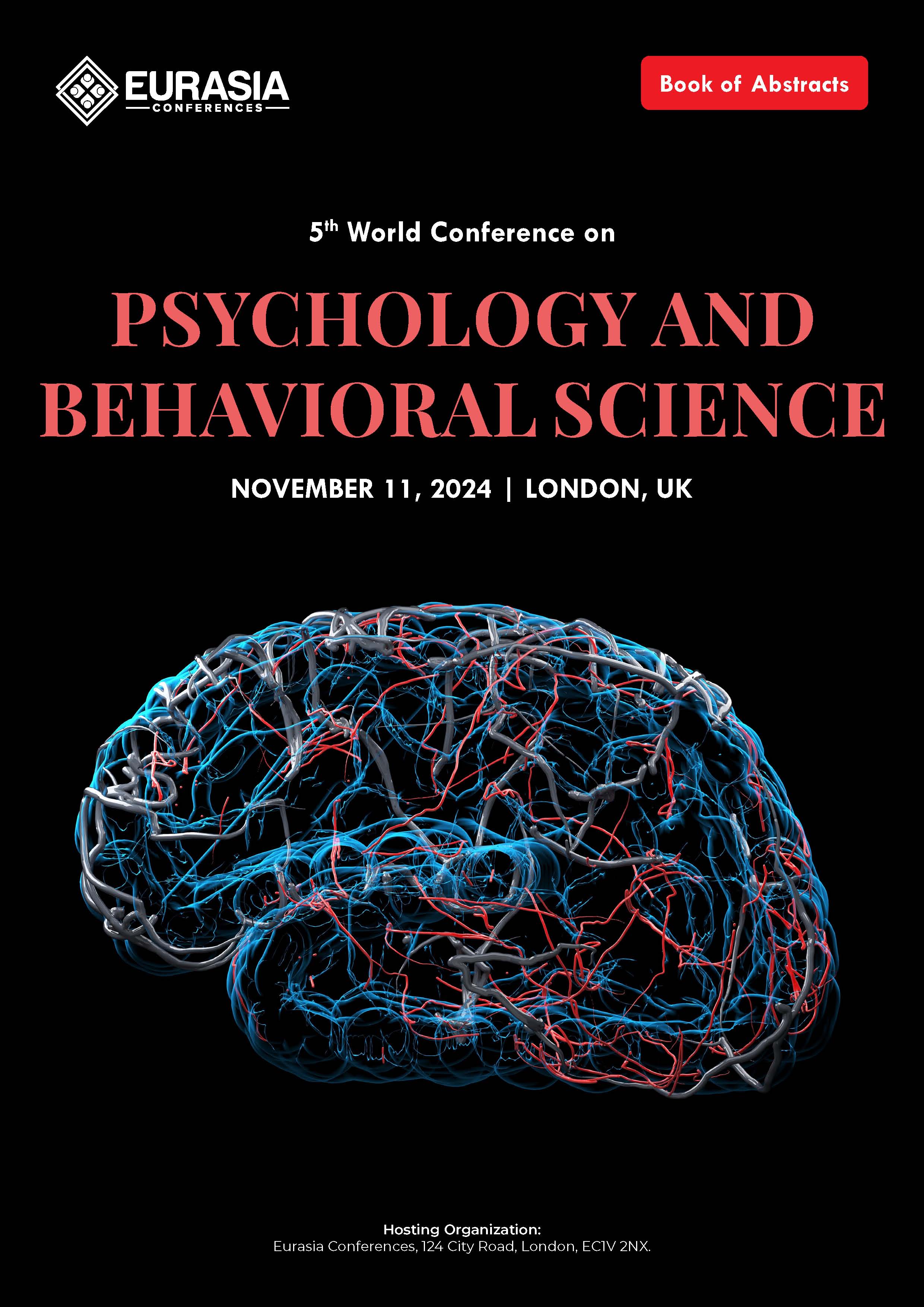
Chrysanthi Lioupi and Georgios Fevgas
Integrating Large Language Models (LLMs) into military mental health care significantly enhances therapeutic practices for service members confronting unique psychological challenges. This presentation examines the innovative application of LLMs in psychotherapy, particularly their utility in assisting military psychologists with initial clinical assessments and patient interactions. By training LLMs on military-specific case studies, these models can effectively decipher complex psychological patterns, relational dynamics, and stressors inherent to military life, including combat trauma, reintegration challenges, and post-traumatic stress disorder (PTSD). LLM technology empowers therapists to acquire critical insights prior to therapy sessions, facilitating more informed and personalized interventions. For instance, LLMs can assist in evaluating service members displaying symptoms of anxiety or depression, aiding therapists in navigating the intricate nuances of military culture and the associated stigma surrounding mental health care. This presentation will highlight pertinent research demonstrating the practical application of LLMs within military therapeutic contexts, illustrating how these models can augment human intuition and clinical expertise. Moreover, we will address the ethical implications and limitations inherent in implementing artificial intelligence in such sensitive environments, underscoring the essential role of LLMs as supportive tools rather than substitutes for human therapists. This research underscores a promising future in which AI significantly enhances the accuracy of initial client assessments and improves mental health outcomes for military personnel, ultimately cultivating a more resilient military force.